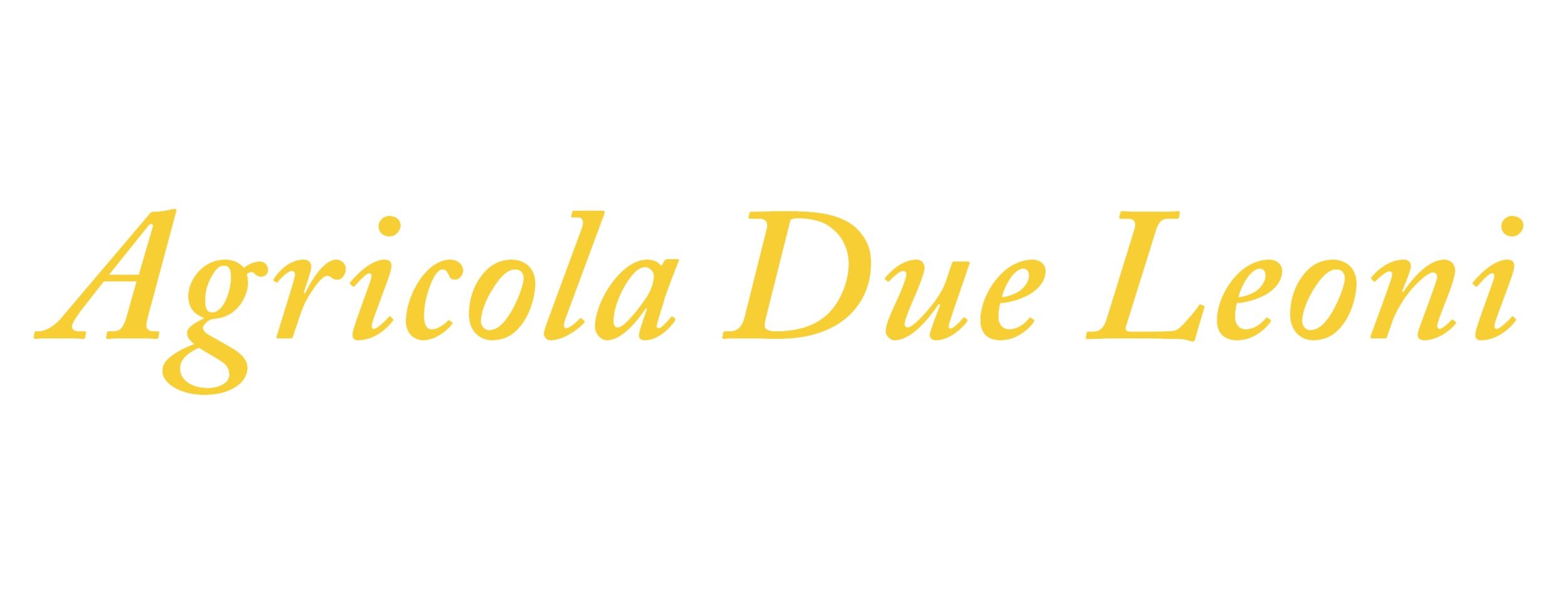Release of the artist edition by Richard Merkle. Online talk by curator, Dr. Cornelia Lauf, with remarks by Giuseppe Catalano di Melilli. December 2021.
Thursday 30 December 2021, at 5 PM CET Agricola Due Leoni invites you to the release of a new artist edition by Richard Merkle.
Online talk by curator, Dr. Cornelia Lauf, in an overview of Merkle after Malevich, Kelly, Judd, Knoebel, and K-Pop. Remarks on agriculture by Giuseppe Catalano di Melilli.
To participate via Zoom please RSVP at info@agricoladueleoni.it, the presentation will be posted on our YouTube channel and Facebook page.
The edition is available at the link: Agricola Due Leoni.
Thursday, 30 December 2021
5:00 p.m. to 5:45 p.m. CET
Online talk by curator, Dr. Cornelia Lauf, in an overview of Merkle after Malevich, Kelly, Judd, Knoebel, and K-Pop.
Remarks on agriculture by Giuseppe Catalano di Melilli.
@Zoom, YouTube and Facebook.
Richard Merkle
Richard Merkle (b. 1962) is a Stuttgart-based artist whose practice concentrates on spatial and chromatic harmonies. His skills in engineering and carpentry have led to many works that have a functional aspect. At the same time, he refers to American Minimalism, Josef Albers, the Wiener Werkstätte, and mentors such as Imi Knoebel. His custom work for Due Leoni is a subtle color contrast in which cloud and sea colors conjure the poetry of the Mediterranean.
Cornelia has worked with Richard Merkle over many decades. She met him in Stuttgart, where he had abandoned a study of mechanical engineering in order to become an artist. An habitué of the legendary art school of Achim Kubinski, he recalls that on the first day of class, Achim wore tennis whites, and swung a racket. This introduction to the life of art would deeply permeate Richard’s work from then on. In the 1980s, he designed useful sculpture--seating units, tables, libraries, for a myriad of private clients that included well-known artists and gallerists. His prodigious musical knowledge, particularly in pop culture, are another hallmark of that particular Stuttgart moment, with Kubinski, his mentor at time, an accomplished classical pianist as well. Merkle’s projects with Cornelia include a small publication, a wall-chair, the design of an art history library, and many years of fast friendship. When asked to make this commission, Merkle sought to resolve both the display of the object, and, of course, outdo all his colleagues, starting with the sheer number of designs. His quartet of cans (our magenta one is the first in production), will be realized one-by-one. Their title is “Brandenburg Gate,” because that’s what this object looks like. Starting in 2021, each year, one can from Brandenburg Gate will be produced, in a limited edition.
In 2024, the final can will be released including a pedestal and upper plinth, to form one complete work.
Agricola Due Leoni
Agricola Due Leoni is a small family farm located forty kilometers north of Rome, in the rolling hills of the Sabine countryside.
Dedicated to sustainable agriculture, the farm produces an award-winning olive oil, as well as wine and marmalade, the latter cultivated on a sister estate in Sicily.
Founded by proprietor Giuseppe Catalano di Meilli in 2012, the practice of land stewardship has been in the Sicilian-origin Catalano di Melilli and Verga families for centuries. In fact, the marmalades are derived from Tarocco oranges and mandarins, among other citrus products. White and red wines complement the offering, and revive the ancient Roman tradition of viticulture in the near environs of Rome.
Specially designed editions by leading contemporary artists are curated by Dr. Cornelia Lauf. They include a diverse and international list of figures.
The project here is to embed cultural practice with vanguard aesthetics into sectors of the global economy that are both its mythic base and yet most at risk. In defiant opposition to monocultures and industrial cultivation, small farming is a necessary and compelling reservoir of biodiversity, and cultural practices that go back tens of millenia. Artists skilled in the appropriation of language and meta-structure, understanding the nature of readymades, and the role of art today, are asked to describe such an agricultural project, in relation to art and its history, and to a product tended over the course of one year, from flower to fruit, and culled by hand.
Agricola Due Leoni is collected and enjoyed globally by discerning lovers of the culture of agriculture.
